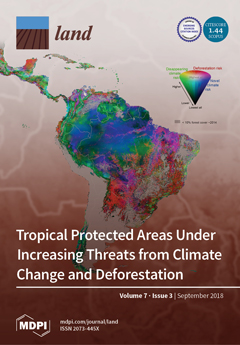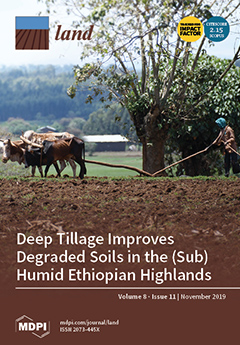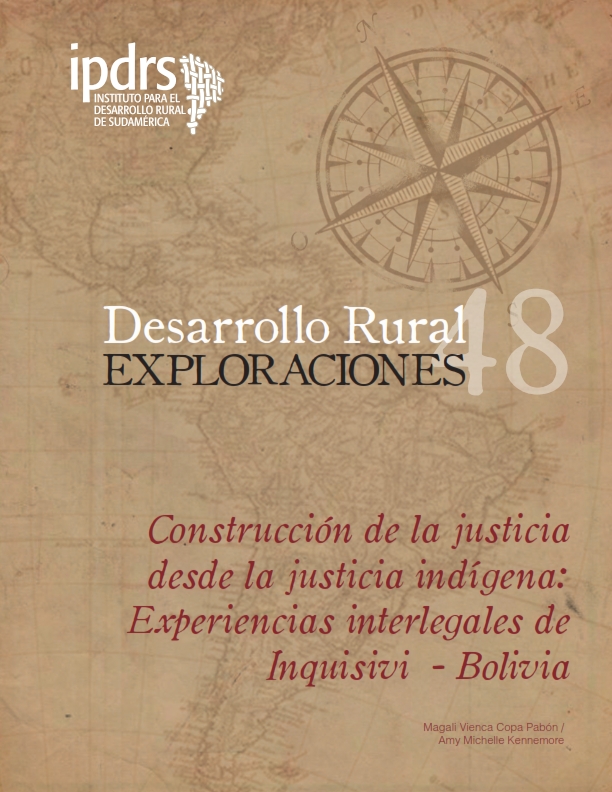A briefing on the agricultural research situation in fourteen countries of the East and Central African sub-region
The fourteen countries of East and Central Africa under discussion are at differing stages of economic and research development, and as a
consequence, are endowed with varying levels of resources, in terms of
scientific personnel, equipment and financial provision, for carrying
out effective research on agriculture and its allied disciplines.










